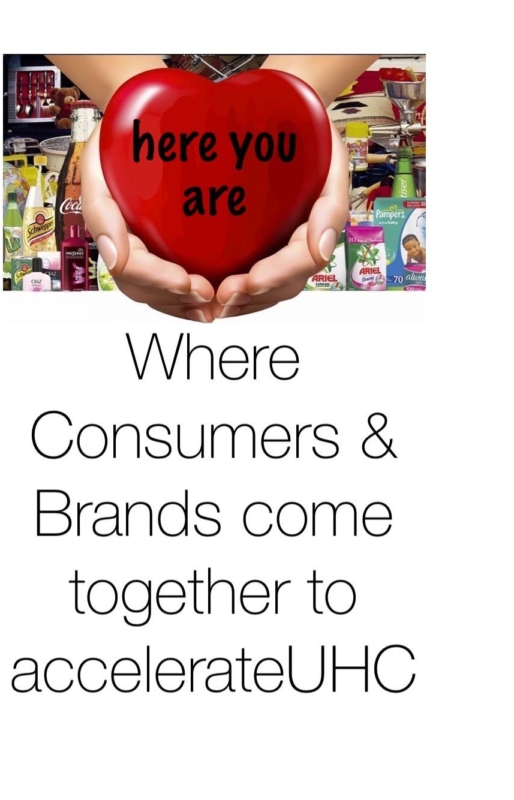RaHa joins Fight Inequality Alliance (FIA) because they #FightInequality. FIA is a global coalition which has organized a number of activities, including the global Fight Inequality Week of Action, to focus global attention on the scourge of inequality at regional, national, and local levels.
We #FightInequality whenever we #MakeWinners out of the water starved and the toilet-less –– we make winners because winners keep winning; an idea formally known as cumulative advantage, or the Matthew effect; which explains how those who start with an advantage relative to others can retain that advantage over long periods of time.
YES: global economic inequality is staggering and shaming –– the number of billionaires rose by the biggest amount ever in 2017, half the world’s population lives on between $2 and $10 a day. The 2018 World Inequality Report shows the share of wealth held by the top 1% of earners in the US doubled from 10% to 20% between 1980 and 2016, while the bottom 50% fell from 20% to 13% in the same period.
BUT: think about the story you tell yourself about yourself. In all the lives you could be living, in all of the worlds you could simulate, how much did luck play a role in this one? Have you gotten more than your fair share? Have you had to deal with more struggles than most? Nick Maggiulli asks this question because accepting luck as a primary determinant in your life is one of the most freeing ways to view the world. Why? Because when you realise the magnitude of happenstance and serendipity in your life, you can stop judging yourself on your outcomes and start focusing on your efforts.
Your EFFORT is the only thing you can control. So don’t let good luck put you on a pedestal, #FightInequality without spending – #makerainsafe for you, promote rainwater harvesting and promote rainwater protection. This will #MakeWinners.
Don’t let bad luck knock you down either—some of us are born with more advantages than others and some of us are born with less, but you should never let that define how hard you try — #FightInequality without spending. Start accumulating advantages, bottle rainwater for income, farm, car-wash… Win by having a reliable clean close toilet and water.
Listen to Kofi Annan, “…From the boardrooms of Wall Street to the streets of Athens, there is a growing consensus that the current economic model is not fit for purpose. We are far from agreement though on what should replace it. What is absolutely crucial is that the voices of the people most affected by inequality must be heard in the debates that follow”… (the emphasis is ours) …”This is why The Elders, a group of independent leaders founded by Nelson Mandela of which I have the honor to be the chair, is working with civil-society activists from the Fight Inequality Alliance to promote an inclusive, just, and bold agenda….”
For another day is the question, who is MOST affected by the inequality – the ‘winners’ are clearly most affected (they feel increasingly insecure) the same way the ‘losers’ are.


 Cecilia Nambalirwa has nominated Kyassonko Primary School for toilet. Cecilia is a fellow of Building Tomorrow Uganda. As a fellow, her work is enviable. She works in four schools found in a hard to reach areas. She has to solve the challenges faced by the schools and villages around the schools. She works with the headteachers and the parents to see to it that they solve the challenges.
Cecilia Nambalirwa has nominated Kyassonko Primary School for toilet. Cecilia is a fellow of Building Tomorrow Uganda. As a fellow, her work is enviable. She works in four schools found in a hard to reach areas. She has to solve the challenges faced by the schools and villages around the schools. She works with the headteachers and the parents to see to it that they solve the challenges.








